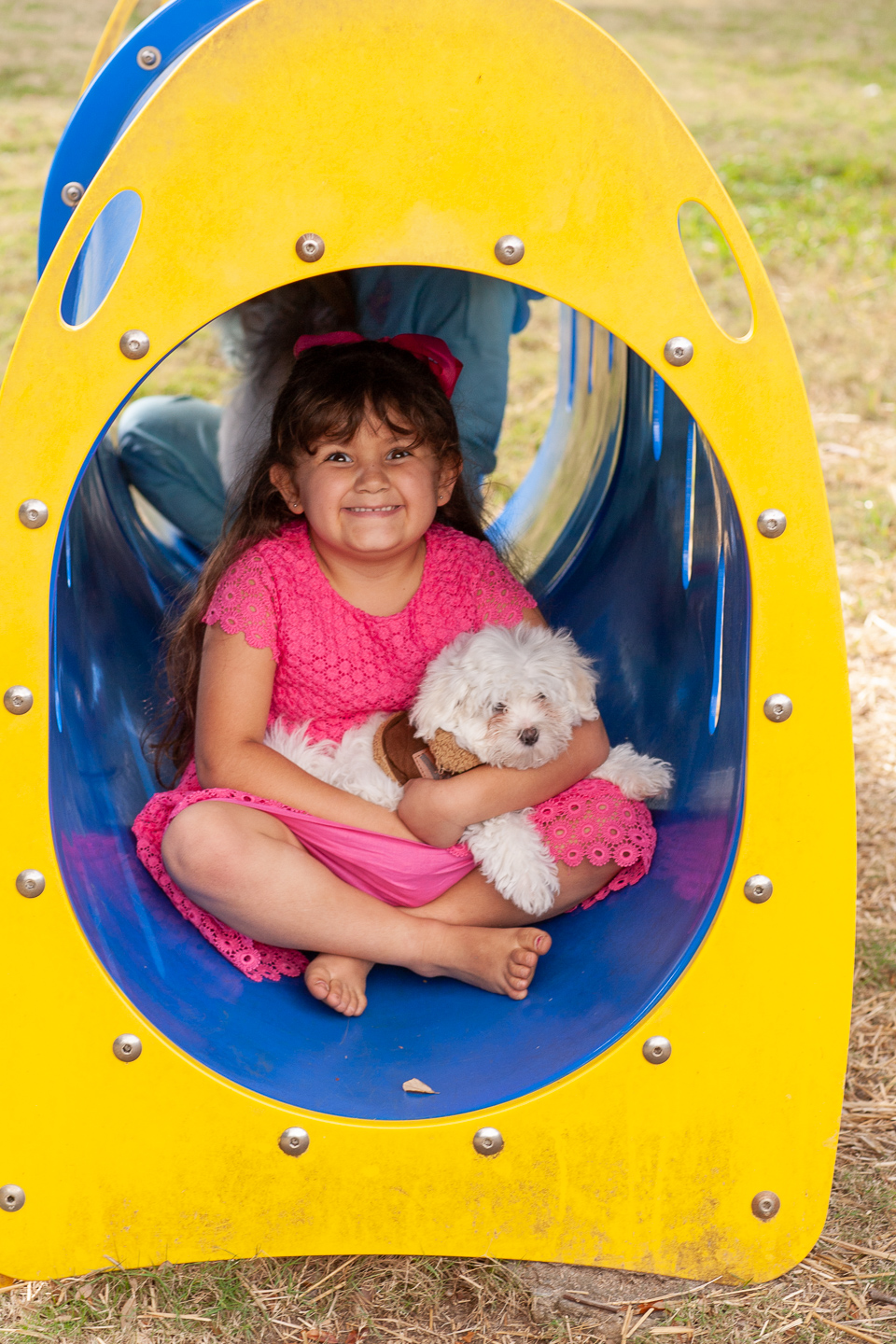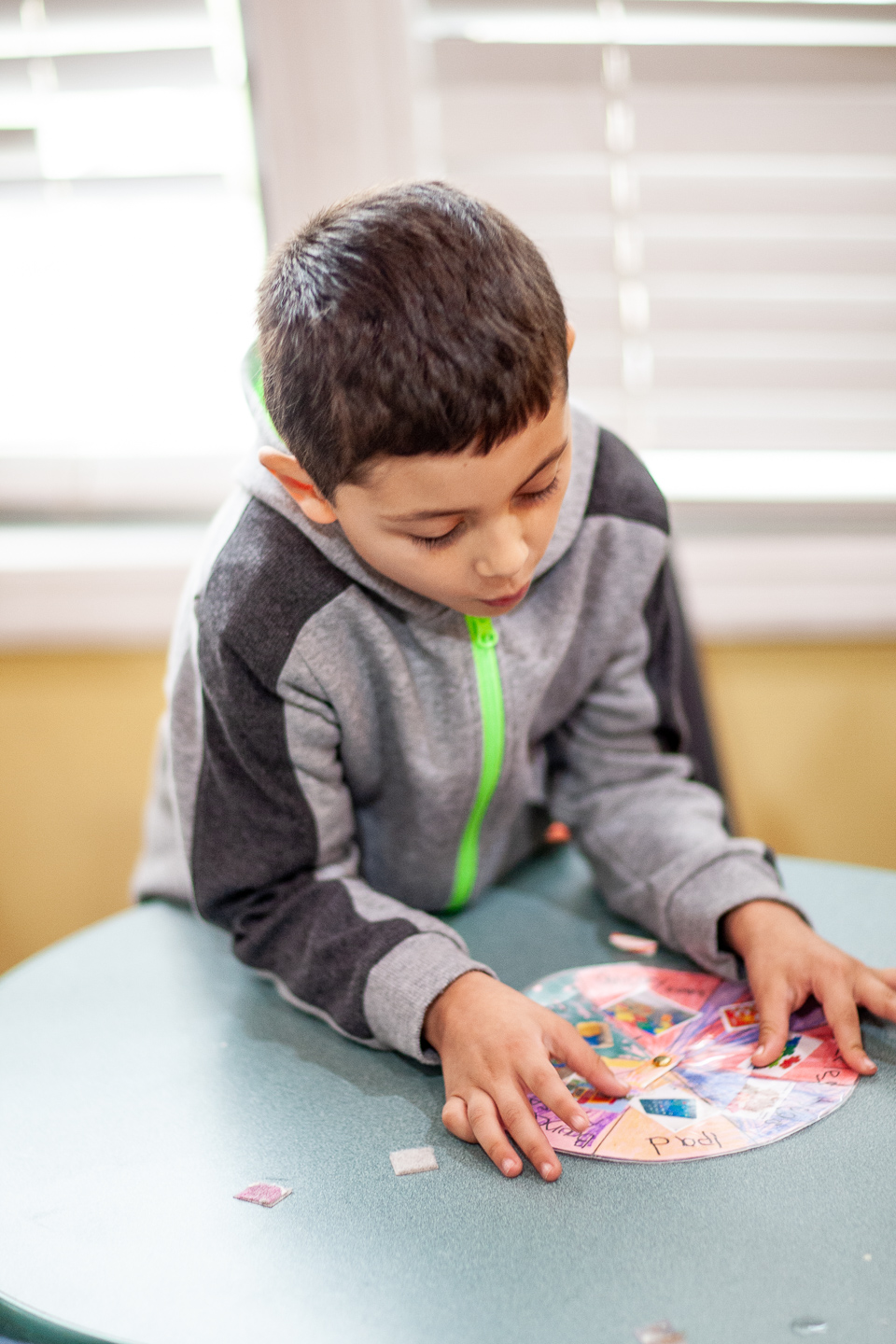8:45 – 9:30: Playground & Pragmatic Social Group
Therapists will teach children to generate messages such as requests, comments, questions, refusals, etc . The objective in social conversational situations is to have a balance between partners and appropriate initiation by both. Augmentative devices and sign language will be used if oral language is not present.
9:30 – 10:15 – Oral Motor Language
Fortunately, there are so many activities we can easily incorporate at school and then teach parents to follow through at home which facilitate improvements with oral motor skills. We will incorporate blowing activities (blow pens, instruments, whistles, etc.) to help to improve posture, breath control, lip rounding, and motor-planning skills. Straws, sour candies, and bubbles may help with drooling and of course, constantly exposing our children to a variety of new foods will help to avoid food gags, and increase their tolerance to different textures and tastes.
10:15 – 10:45 – Indedpendent Feeding Skills
Assistance will be offered during meals to help the child transition between refusal to eat certain textures of foods, rigidity with diet, avoidance of touch on face and around mouth, loss of food and liquids when eating, and obvious preference for certain textures or flavors of foods. Techniques of positive discipline are always used as the underlying message for motivating our children. We use encouragement to build self-esteem and never force a child to eat.
10:45 -11:30 Music Sing-Along MW
On Mondays & Wednesdays. our Music teacher will instruct children in small groups with staff assistance in singing, moving to music and playing instruments. Children will engage in activities designed to promote social and emotional learning while developing social interaction, and providing a sense of accomplishment. CD player, maracas, drums, beat sticks, guitar, PECS, tambourines and scarves are incorporated which are particularly useful in sensory integration, tactile, visual and auditory stimulation. Music embeds educational and socialization concepts, improved motor and cognitive skills and increased attention span and memory skills.
11:30-12:15: Sensory Integration
Children with autism, as well as those with other developmental disabilities, may have a dysfunctional sensory system. Sometimes one or more senses are either over- or under-reactive to stimulation. Such sensory problems may be the underlying reason for such behaviors as rocking, spinning, and hand-flapping. Sensory integration therapy, as practiced by occupational therapists, uses play activities in ways designed to change how the brain reacts to touch, sound, sight and movement.
12:15 – 12:45: Social Skills & Gross Motor Play
It has always been recognized that social interaction is an area of difficulty for children diagnosed with an ASD, especially social interactions, social communications and social imagination. Children will learn in the classroom, in the sensory room and on the playground. Teachers and therapists will help the children learn social skills by teaching the principles of: sharing and turn taking, initiating interactions, responding appropriately to greetings and play initiations, attention to facial expressions and body language, respecting personal boundaries and space, and eye contact. At the Carrie Brazer Center for Autism, we will help the children with their conversation skills, friendship skills and play skills. We will teach them to understand their emotions and deal with conflicts – all within a positive environment of fun and joy.
12:15 – 12:45: Social Skills & Gross Motor Play
It has always been recognized that social interaction is an area of difficulty for children diagnosed with an ASD, especially social interactions, social communications and social imagination. Children will learn in the classroom, in the sensory room and on the playground. Teachers and therapists will help the children learn social skills by teaching the principles of: sharing and turn taking, initiating interactions, responding appropriately to greetings and play initiations, attention to facial expressions and body language, respecting personal boundaries and space, and eye contact. At the Carrie Brazer Center for Autism, we will help the children with their conversation skills, friendship skills and play skills. We will teach them to understand their emotions and deal with conflicts – all within a positive environment of fun and joy.
12:45 – 6:00 pm (Optional) – Private Behavioral Therapy with our RBT’s and Behavior Therapists
Behavior Therapy focuses on the principles that explain how learning takes place. Positive reinforcement is one such principle. When a behavior is followed by some sort of reward, the behavior is more likely to be repeated.”(Autism Speaks). At The Carrie Brazer Center For Autism, reinforcers are used, such as jumping on the trampoline, playing in our sensory room, inclusive of a wonderful ball pit and therapy swings, and climbing, running and jumping outside in our beautiful, school playground, to name a few.
The Center has been using the principles of ABA for the past 20 years. We have demonstrated that ABA techniques can produce improvements in communication, social relationships, play, self care, and in school.


